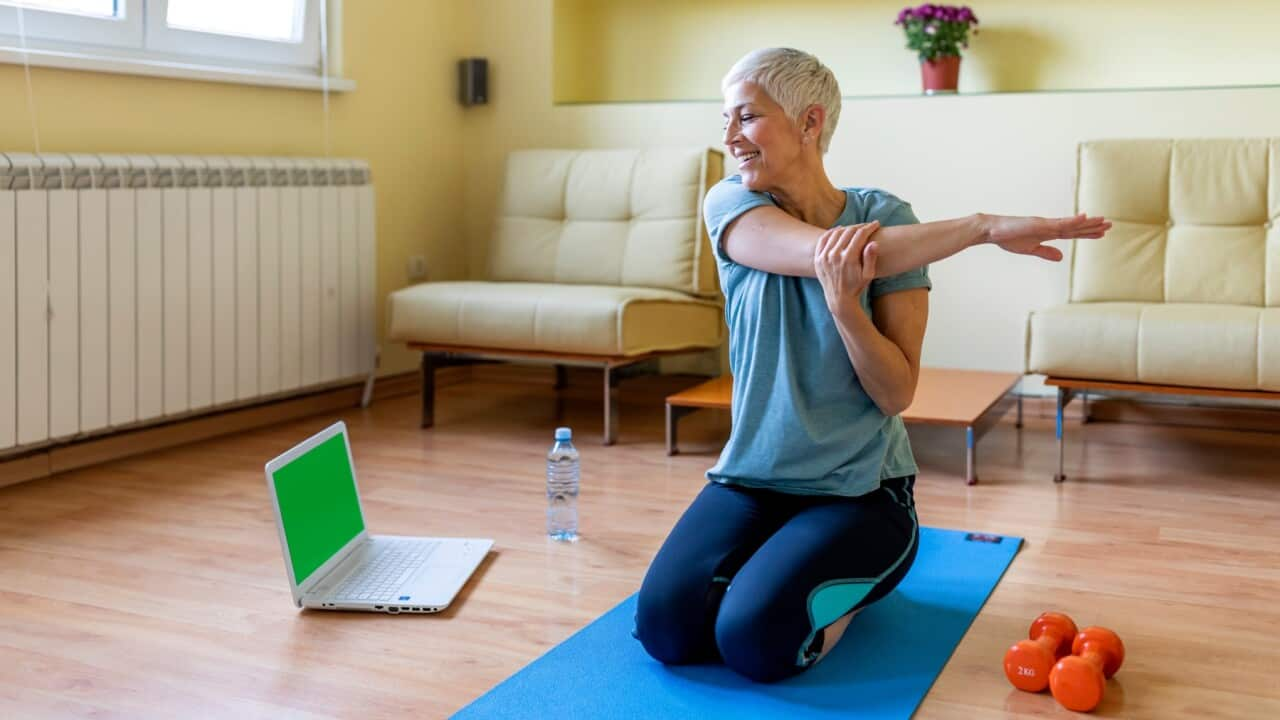Is yoga a non-secular activity? Can it be seen as a purely physical exercise? Many in Greece have been asking these questions since last week, following an announcement by the country’s top Orthodox Church body in charge of the day-to-day issues.
The Standing Holy Synod, after its meeting, “unanimously decided to remind” its followers that "yoga is a fundamental chapter in Hindu religion[…] is not a kind of physical exercise” and stressed that yoga is "absolutely incompatible with the Christian Orthodox faith and has no place in the lives of Christians”.
In Greece, a country where around , this was not breaking news, with a 2015 press release of the Holy Synod having decried yoga using the . Back then, it was issued ahead of the inaugural commemoration of the , introduced by the United Nations in recognition of “its universal appeal” with the aim “to raise awareness worldwide of the many benefits" of practicing it.
Back then, it was issued ahead of the inaugural commemoration of the , introduced by the United Nations in recognition of “its universal appeal” with the aim “to raise awareness worldwide of the many benefits" of practicing it.

Greece's Archbishop Ieronimos (C) and members of the Holy Synod attend a mass at the Dionisos Aeropagitos church in Athens in 2013. Source: LOUISA GOULIAMAKI/AFP via Getty Images
But the latest statement prompted international media coverage and a leader who said “one could still practice one’s respective faith and do yoga”.
Highlights
- The governing body of the Orthodox Church in Greece recently released a statement denouncing the practice of yoga
- Proponents of an opposing view claim that it can be seen and practiced as solely a physical exercise
- A Greek Australian yoga teacher highlights the different takes on yoga for people and argues that for those choosing a deeper study of yoga teachings, conflict with certain religions is a possibility
In the wake of the COVID-19 pandemic, yoga has been advocated around the world as a method to keep physically and mentally fit while in lockdown.
Greece was no exception and the Holy Synod, in fact, cited the increased media reports in the country recommending yoga as the reason for its intervention.
In response to the announcement decrying the practice, speaking to the country’s national broadcaster yoga instructor Sissy Frangioudaki said yoga was seen as a form of exercise in Greece and that being of Christian Orthodox faith did not come in conflict with practicing yoga. Melbourne-based Eleni Kidis is a qualified yoga teacher with 25 years of experience under her belt.
Melbourne-based Eleni Kidis is a qualified yoga teacher with 25 years of experience under her belt.

Source: Kate Green/Getty Images
She speaks of the way yoga and yoga training has changed since the time she started practicing it.
“Now you can do a four-week course and get qualified, or a 6 months’ or year course… they really break it up to hours,” Ms Kidis says and likens the teacher qualification process two decades ago to an “apprenticeship-style” course involving a lengthy period of consistent hands-on training. , yoga has evolved over time and especially since its introduction to the West, with the estimated to be worth $US 80bn as of 2016.
, yoga has evolved over time and especially since its introduction to the West, with the estimated to be worth $US 80bn as of 2016.

Eleni Kidis Source: Supplied
The commercialisation of the practice, Ms Kidis says, has played its role in what she observes as a “real misconception of what yoga is”, with a tendency to think of it “as a thing we do”.

Source: Unsplash/Bruce Mars
“It is that, it is a practice that we can engage in and this practice can vary. So yoga has become known to be just the physical practice associated with yoga asana (postures). But yoga practices can include meditation, it can include yoga nidra (sleep-based meditation), it can include pranayama (breathing exercise) but it’s also the way we experience ourselves and the world around us.”
“On a very basic level, yoga is really about understanding your mind and understanding your reality,” she says, cautioning the discussion can be much more nuanced.
Different aspired benefits from the practice, including physical health ones, emotional – with highlighting its effect on – and cognitive, are one thing Ms Kidis explains. She says those who want to go deeper into it, they practice yoga for "delving into the depth of spirituality" and understanding its underpinning philosophy.
This encompasses understandings of how the world came about, what human life and suffering is, she explains further, down to the definition of what reality is.

Source: Pixabay/Valerii77
“In my opinion, it comes back to your motive.
"If you’re practising yoga for pure physical benefits[…] or because you want to bring some healing from a trauma you’ve experienced or you’re wanting to manage your mental health, it doesn’t matter what religion you are because you’re not delving into the view teachings.
“But if you’re delving into the spirituality of yoga and you’re wanting to become familiar with a particular tradition, well then yes it might have some conflict with a particular religion,” says Ms Kidis.


